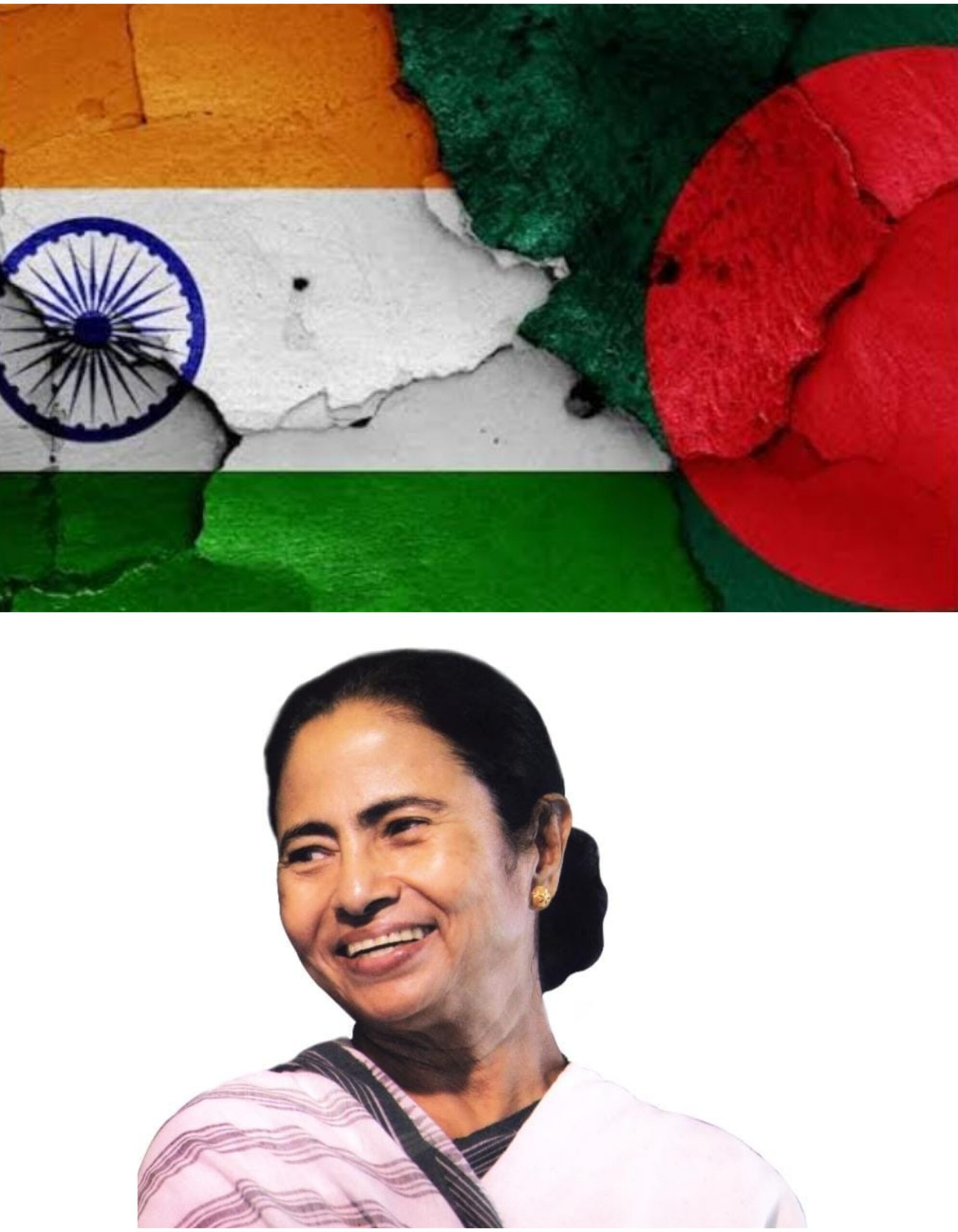
On Thursday, Nobel Laureate Professor Muhammad Yunus took the oath as the Chief Advisor of Bangladesh’s interim government. Despite this significant leadership change, Bangladesh continues to grapple with escalating unrest and violence, casting uncertainty over the nation’s future. Professor Yunus returned from Paris earlier in the day, and by night, he was sworn in to lead the country during this challenging period. His appointment was met with international attention, receiving congratulations from global leaders, including India’s Prime Minister Narendra Modi and opposition leader Rahul Gandhi. Adding to the chorus of well-wishers, West Bengal Chief Minister Mamata Banerjee also extended her heartfelt congratulations, expressing hopes for peace and stability in Bangladesh.
In her message, Mamata Banerjee emphasized the deep ties between India and Bangladesh, stating, “Our neighbor’s well-being is essential for our own peace and prosperity.” She conveyed her best wishes to Professor Yunus and his team, expressing hope that relations between the two nations would strengthen under his leadership. She added, “We wish for the progress, peace, and prosperity of Bangladesh and all its people—from students, youth, workers, farmers, to women and all communities.” Her message carried a note of urgency, as she expressed hope that the ongoing crisis in Bangladesh would soon be resolved and peace would be restored.
The situation in Bangladesh took a sharp turn following the departure of former Prime Minister Sheikh Hasina. The country has been engulfed in violence, with widespread attacks on minorities and a general breakdown of law and order. The unrest has led to an increase in security measures along the India-Bangladesh border, particularly in West Bengal, which shares a significant portion of the boundary with Bangladesh. The violence and chaos have raised concerns in India, particularly in West Bengal, where the impact of unrest in Bangladesh is felt most acutely.
Mamata Banerjee’s message also conveyed her hopes for a quick resolution to the crisis, stating, “I hope the crisis will soon be over and peace will return to our beloved land.” She emphasized the importance of stability in Bangladesh, not just for the country itself but for the broader region, including India. The unrest in Bangladesh has been particularly concerning for India, given the close cultural, economic, and historical ties between the two nations. Any instability in Bangladesh has immediate repercussions in West Bengal, which shares a long and porous border with its neighbor.
Prime Minister Narendra Modi also sent his congratulations to Muhammad Yunus, acknowledging the significance of his new role in stabilizing Bangladesh. In his message, Modi expressed hope that the situation in Bangladesh would return to normalcy under Yunus’s leadership. He further highlighted India’s concern for the safety and security of minorities in Bangladesh, particularly the Hindu community. Modi stated, “We hope that the protection and security of Hindus and other minorities in Bangladesh will be ensured.”
Since the fall of Sheikh Hasina’s government, Bangladesh has seen a surge in violence against police officers, particularly in the capital, Dhaka. Reports from the leading Bangladeshi newspaper, *Prothom Alo*, indicate that several police stations have been attacked, vandalized, and set on fire in recent days. These attacks have led to the deaths of several police officers, creating a sense of lawlessness in the country. Despite calls for police officers to return to duty within 24 hours, many police stations across the country remain non-operational, leaving ordinary citizens vulnerable and unprotected.
The ongoing crisis in Bangladesh is a matter of grave concern for India, particularly as it directly impacts border states like West Bengal. The deteriorating security situation raises questions about when and how normalcy will return to Bangladesh, and how this will affect the region as a whole. For now, both India and Bangladesh, along with the international community, are watching closely, hoping that Professor Yunus can lead the country back to peace and stability.
